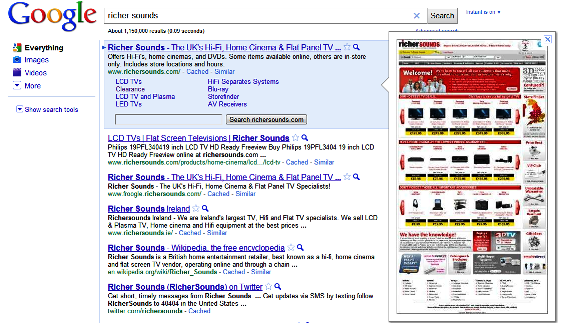Facebook Messages: “It’s not email”
November 15, 2010 Leave a Comment
I posted last week about the possible launch of a new Facebook email service, complete with @facebook.com addresses for all. Well, if you want the @facebook address it looks like you’ll be able to get one if you really want, but Facebook CEO Mark Zuckerberg described the the launch of Facebook Messages as a new “modern messaging system,†and said : “It’s Not E-mailâ€
CEO Zuckerberg said at the much anticipated press event today in San Francisco that more than four billion messages are currently sent through Facebook each day. He also shared Facebook’s belief that modern messaging is seamless, informal, immediate, personal, simple and minimal. He discussed conversations with high school students who told him e-mail is too slow and that they prefer SMS and Facebook to sending e-mails. Conversations which helped prompt Facebook’s decision to create their new messaging ‘experience’.
This new system has three parts: seamless messaging, cross-platform conversation history and a social inbox. The latter is an inbox for filtering the messages you want, organised by the people you care about, and designed to highlight conversations with your real friends and be spam free.
The system is also designed to be platform-agnostic, so users can send and receive messages via mobile, IM or Facebook. It’s designed to make it simpler for users to communicate in real-time with their real friends, wherever they are. According to the Facebook blog post, “Messages is not email. There are no subject lines, no cc, no bcc, and you can send a message by hitting the Enter key.â€
The system will be rolled out slowly over the next few months using an invite-only process.
For more go to: http://goo.gl/Y6Fte
